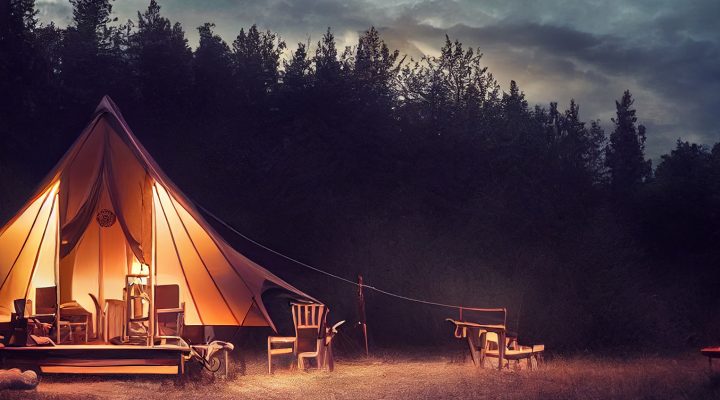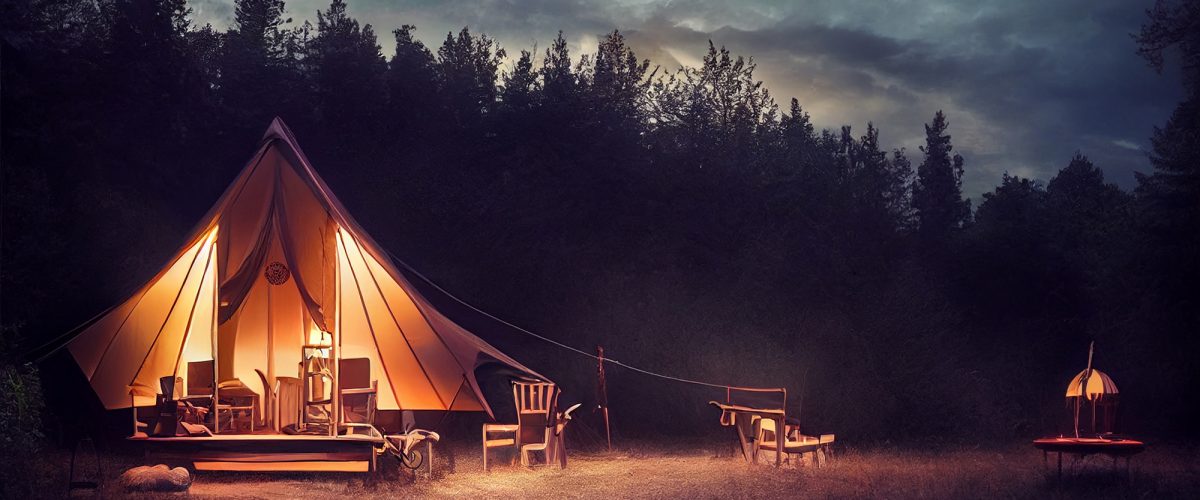When parents search the internet for “how to make sure your child is safe at summer camp,” about 84,900,000 Google results appear.
Most of the links are lists of tips parents can keep in mind when sending children away for a fun summer overnight camp, like having conversations about boundaries, bodies and what to do if someone hurts you.
With these tips and tricks in mind, it seems pretty easy to make sure your child has a fun and safe experience away from home.
When a parent searches for “sex abuse at summer camp,” about 19,400,000 results appear.
Many of the links lead to stories of abuse at children’s summer camps, some by perpetrators who got away with it for years before being stopped, such as the series of articles reporting on the years of sexual abuse that occurred at Kanakuk Kamps at the hands of counselors. Other links lead to advocacy centers or law offices that work with Child Sexual Abuse victims or provide resources like the National Sexual Assault Hotline for victims to continue telling their stories.
This image is much less hopeful. To be more specific, it is terrifying.
Despite all the information out there about child sexual abuse, as well as the exposure of known abusers from summer camps in news outlets and on social media in recent years, it requires an immense amount of trust to send your child away overnight with adults. There is always a risk that someone could be an abuser who has not been exposed yet. Or that your child’s summer camp knows about previous instances of abuse but is not handling those allegations in safe and effective ways to prevent future incidents.
Should this risk stop kids from being able to participate in summer camp? Or are there things parents can do to inform their children (in developmentally appropriate ways) about the risks they face when going away on these trips?
Here are some tips to feel safer as your child goes off to camp this summer.
Research your child’s summer camp
Aside from looking into activities, locations or curriculums that may be part of your child’s summer camp experience, see what information your child’s summer camp has on its website about abuse prevention. Ask these questions while you are researching:
- Does my child’s summer camp have an abuse prevention plan in place? Does this prevention plan seem to be an adequate measure of protection for my child?
- What standards are there for employees and volunteers, and how might those standards be used to prevent abusers from working at this camp?
- What rules are there for student-leader relationships? How does this camp enforce them?
- If abuse happens, is there an accessible way for children to come forward about that abuse to adult leaders? What does this process look like?
- What are the consequences if an adult leader commits an act of abuse, violence or neglect?
Asking these questions while researching will help you get a better understanding of how your child’s summer camp is working to prevent abuse from happening to your child. Doing this research will also tell you how seriously the summer camp takes accusations of abuse.
If you cannot find public information about abuse prevention at your child’s summer camp, ask a camp representative or employee during the registration process. As a parent, you are entitled to know what the camp is doing (or not doing) to protect your child.
Asking for this information will help you make an informed decision on whether you would like to send your child to camp or not.
Listen to victims on social media
Sometimes, social media is not a good source of information. It is difficult to fact-check information not posted by an official source.
However, childhood abuse is often extremely difficult for victims to talk about publicly, and when they share their stories on social media, they want parents of potential campers in the future to know what happened. If you search the name of your child’s summer camp with the word “abuse” and find dozens of stories from victims who were traumatized by adult leaders in recent years, this is something to pay attention to.
If you do find this information, ask yourself:
- How did my child’s summer camp respond to these abuse accusations?
- Are these accusations reputable? If so, who are the suspected or known abusers?
- Do any of the accused, suspected or known abusers still work at my child’s summer camp?
- How long has this abuse been going on, and what is my child’s summer camp doing to stop it?
Talk to your child about their body, boundaries and what is not OK
Regardless of where your children go to camp, it is important to have a conversation with them about abuse. This conversation needs to be developmentally appropriate, so details may differ for every parent and every child. In every conversation, it is important to at least cover the basics: bodies, boundaries and what is not OK.
When talking to your child about their body, it is important to teach them anatomically correct terms for their body parts. This is developmentally appropriate for children of all ages because the names of body parts are not bad words. Parents can choose how deeply they want to explain the different body parts based on their child’s age and comfort level.
“Child care providers may not know the nicknames you have taught your child for their private parts.”
Abuse prevention specialists recommend this because it allows children who are abused to specify the exact places on their bodies that were touched by their abusers. It also allows child care providers, who may not know the nicknames you have taught your child for their private parts, to identify abuse as soon as the child speaks up.
For boundaries, it is important to teach children they are allowed to say “yes,” “stop” or “no” when others want to touch, hug or show physical affection toward them. The key lesson here is, if another person wants to touch your body, they must ask first and wait until they are granted permission to do so. This also teaches children that permission to touch your body can be revoked if you begin to feel uncomfortable.
This teaches children they have control over what happens to their bodies and gives parents an opportunity to show children how to assert themselves if someone violates their boundaries by touching them in an inappropriate way. If a child is taught to assert boundaries clearly and loudly, it will be more difficult for an abuser to hurt them without others noticing.
Finally, before sending their child away for camp, parents should have a conversation about things that are not OK. Again, this needs to be developmentally appropriate, so older kids may have a longer or different conversation with their parents than younger kids. Still, it is important that all parents teach their children that adult leaders never should touch them in places that are inappropriate and that there should be no secrets between students and leaders that parents cannot be trusted to know about.
“There should be no secrets between students and leaders that parents cannot be trusted to know about.”
These conversations help children have a clear understanding of what is and is not acceptable and helps them be prepared to identify situations that are abusive. This also helps children have a sense of safety in their parent-child relationships, as they know their parents are likely to listen to them if they come forward about abuse in the future.
Have a ‘what if’ conversation
After this conversation, parents should also have a “what if” conversation with their child, discussing what to do if they experience abuse. This conversation should help children identify trusted adults who will believe, support and help them.
Sometimes, it is helpful to have children make a list of people they trust, including family members, teachers, pastors or other adults in their community. This is helpful because it teaches children there are multiple people in their community who have the ability and desire to support them, and if talking to a parent first is too intimidating, they have identified other trusted adults who can help have that hard conversation. The goal of this step is to assure the child will not be blamed or judged for any abuse that might happen but will be supported in their healing process.
Talk to your child about their experience at camp when they return
The final conversation parents should have with their children is after they return home from camp. Ask them how the trip was and what relationships they formed while there.
It will not be helpful to ask accusatory questions, such as, “Did an adult leader abuse you last week at camp?” Such a question may be difficult for them to answer honestly, and it implies your expectation of abuse.
Instead, ask your child a question such as, “What are some highs and lows from this week?” This will give your child an opportunity to express anything they may be feeling in reflection on their time at camp. It also will open the door for a later conversation on the abuse when they are ready, because you are acknowledging it is OK to talk with you about bad or unpleasant things as well as happy things.
Connect with your child’s primary care doctor
Finally, if your child does tell you they have been abused at camp, set up an appointment with your child’s primary care doctor. This will ensure there are no injuries or long-term physical impacts from any abuse that occurred. (And if there are, they will be treated and you will have a medical record of it if you seek legal action). This also will give the doctor an opportunity to evaluate your child and decide if they recommend further therapeutic treatment.

Mallory Challis
Mallory Challis is a senior at Wingate University and currently serves as BNG’s Clemons Fellow. She will begin studies at Wake Forest University School of Divinity next fall.
Related articles:
Child sex abuse survivors from Kanakuk, other organizations unite for statute of limitations reform
Pedophilia at Kanakuk: Power, lies and evangelical values that cover up abuse


